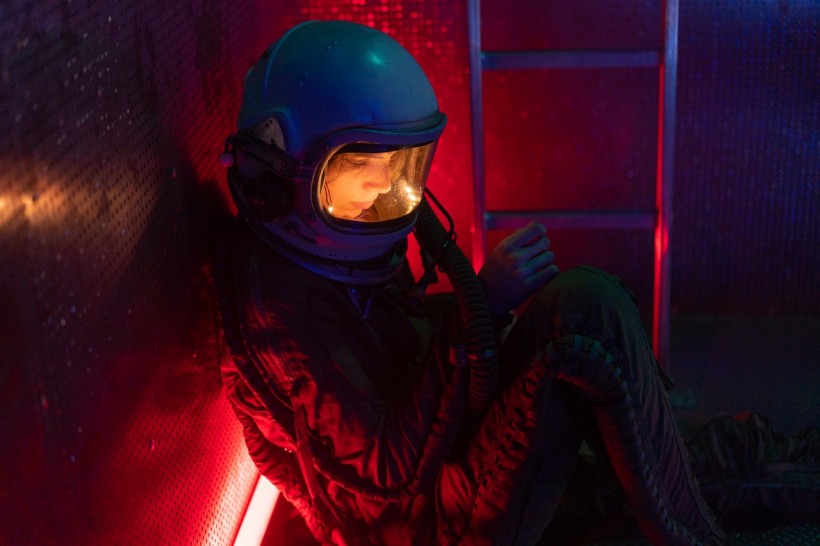Earth has been sending astronauts to space for more than six decades now. Throughout the manned missions, scientists explore the effects of exposure to a completely different environment and how it could change the state of our minds and emotions.
Mental and Emotional State of Astronauts

In the first few space missions, such as the Apollo and Mercury missions, astronauts were required to stay aboard the International Space Station (ISS) for a prolonged period of time. One of the priorities of experts involved in these missions is to find out the limits of human bodies and minds when outside space. Aspects being analyzed up to this date are the lack of gravity, radiation, and psychological impacts of trips to the cosmos.
The 2019 Twins Study is among the first to give a large perspective of physical, mental, and emotional changes we could encounter during space missions. The comprehensive study looked at various data collected from a comparison between an individual who went to the ISS and his identical twin who remained on Earth and served as a controlled subject.
Findings were published in Science, titled "The NASA Twins Study: A multidimensional analysis of a year-long human spaceflight."
NASA collaborated with experts from the Weill Cornell Medicine to gain more information about what happens to our bodies in space. This year, some of the greatest finds from the 2019 Twins Study were relayed to the public through CNN's Life Itself conference.
The data and theories constructed through this and other studies are being consolidated for us to carry out the safest and most effective approach to manned deep space explorations, including bringing back people to the moon as well as transporting the first humans to planet Mars, with regards to mental and emotional aspects.
Effects of Space Environment on Psychiatric Health
In a paper on Frontiers in Physiology, titled "Continuous and Intermittent Artificial Gravity as a Countermeasure to the Cognitive Effects of 60 Days of Head-Down Tilt Bed Rest," people were asked to take tests that were specialized for astronaut evaluations. This exam involved challenges to risk-taking, emotion recognition, memory, and spatial orientation.
The research involved a model that mimics the lack of gravity real astronauts experience in space. The participants went through this make-shift environment daily, with each session running up to 30 minutes. Results show that each subject exhibited a moderate cognitive decline and emotional changes based on their tests, but the signs did not continue throughout the whole 60 days of the experiment.
On the other hand, their emotion recognition skills were impaired significantly. The individuals tend to view the facial expressions of other participants as angry instead of happy or neutral.
A separate study on Acta Astronautica, titled "Mental health, physical symptoms, and biomarkers of stress during prolonged exposure to Antarctica's extreme environment," showed a possible mental health checklist of stressors for people in space. The study, which involved people in isolated Antarctic research facilities, shows that participants lose positive emotions throughout a 9-month stay, which persists even if they return home.
Today some projects are being improved to cater to astronauts' mental and emotional aspects, including NASA's Human Research Program, which was previously focused on the physical health of the spacewalkers.
RELATED ARTICLE: New Technique to Detect Killer Asteroids Developed for Planetary Defense Against Space Rock Impacts
Check out more news and information on Space in Science Times.














